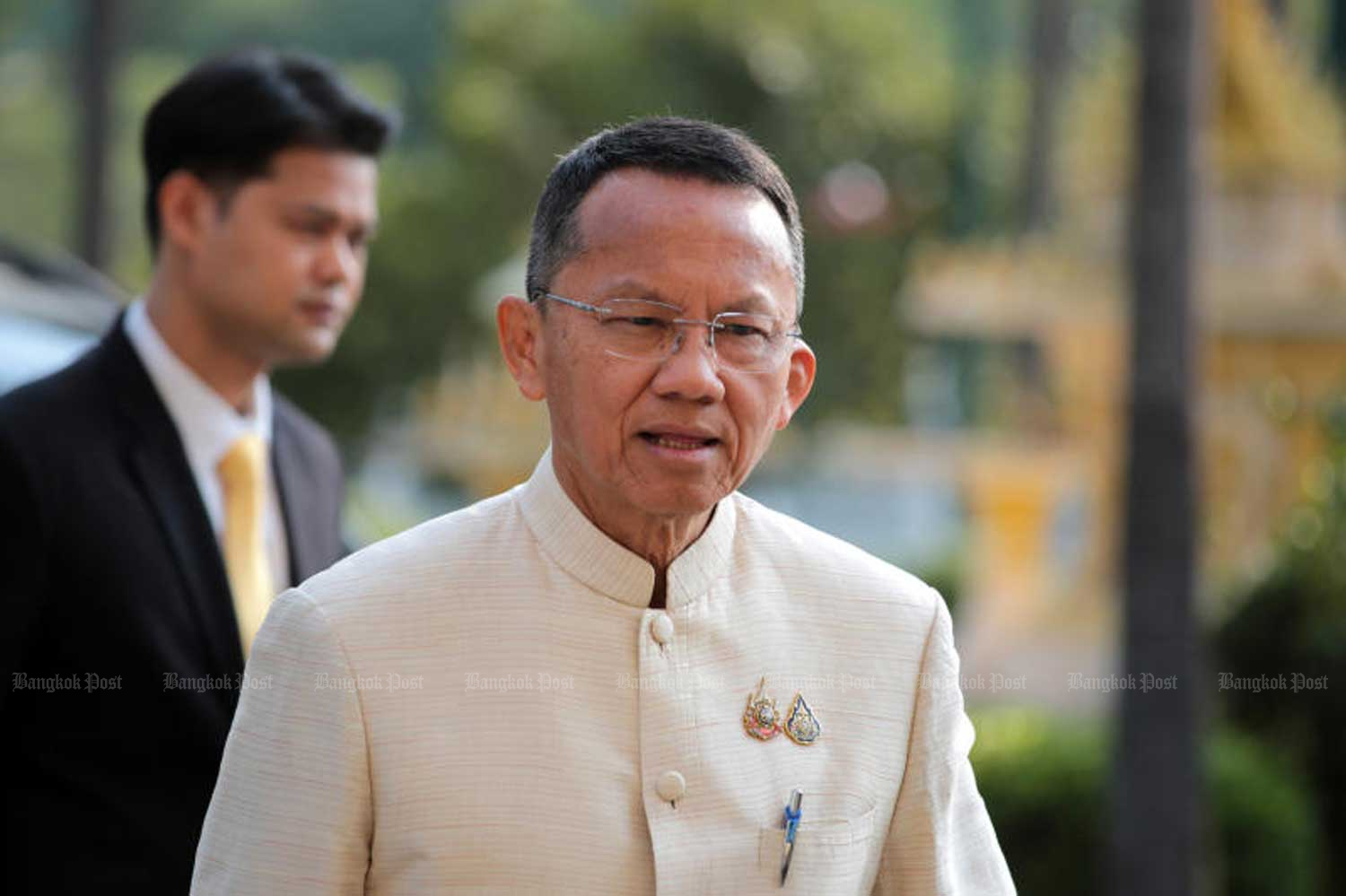Cannabis users in Thailand ‘will need medical certificates’
May 21, 2025
Public health minister wants to see new regulations in 40 days to curb recreational use and abuse

Public Health Minister Somsak Thepsutin says cannabis users in Thailand will be required to have medical certificates to make sure that the plant is used for medical purposes only.
His announcement is the latest twist in a long and confusing journey towards regulating cannabis use since it was decriminalised nearly three years ago.
“I will improve regulations on cannabis use in Thailand. For example, cannabis smokers may have to show medical certificates. Foreign and Thai cannabis users must have medical certificates,” Mr Somsak said at a press conference on Wednesday in Bangkok.
“We will order government organisations to keep enforcing the law and not to allow any problems to develop,” said the minister from the governing Pheu Thai Party.
The key change would require cannabis users to have a medical certificate, with prescriptions issued by licensed medical professionals, including both traditional Thai medicine practitioners and general physicians.
Mr Somsak said he wanted to see the regulation issued by the Ministry of Public Health within 40 days.
Dr Somlerk Jeungsmarn, director-general of the Department of Thai Traditional and Alternative Medicine, told the press conference that regulations should make it clear that cannabis use is for medical treatment only.
“In the future, there may have to be medical certificates to prove that users suffer from diseases such as seizures, headache, pain and insomnia,” he said.
“There may be restrictions on its use, such as a permitted dosage for one month’s use. If the duration of use exceeds one month, that will not be considered for medical purposes and there will be prosecution. As for punishment, I will discuss the possibility of imprisonment,” he said. (Story continues below)

Public Health Minister Somsak Thepsutin has said that laws such as the proposed cannabis bill can take up to two years to pass, so he is exercising his authority to issue regulations to strengthen the ministry’s existing controlled herb notification.
Bhumjaithai flagship policy
Decriminalising cannabis has been a flagship policy of the Bhumjaithai Party, which saw the potential for creating a lucrative cannabis-based economy.
When Bhumjaithai leader Anutin Charnvirakul was the minister of public health in the government of Gen Prayut Chan-o-cha, he issued a ministerial regulation removing cannabis from the national list of narcotic drugs.
But few other regulations existed to govern cannabis usage, and a free-for-all ensued, with recreational use skyrocketing and weed shops sprouting all over the country.
Bhumjaithai proposed a law to plug the holes, but the Prayut government’s term ran out before it could be debated.
The Pheu Thai government last September proposed a new bill to regulate the cannabis industry and restrict marijuana use to primarily health and medical purposes, the latest effort to rein in recreational smoking after several policy U-turns.
The bill has not yet been introduced in the House of Representatives.
Under the draft legislation, cannabis or its extracts would be allowed for medical treatment and research by state agencies besides its use in herbal, food and cosmetic products.
The bill was published by the Ministry of Public Health just days after the new administration of Prime Minister Paetongtarn Shinawatra took office.
The draft bill appears to take a softer stance compared to previous government efforts to regulate the industry.
For one, it no longer contains a clause that explicitly outlaws recreational use, which was proposed in an earlier draft by the administration of former prime minister Srettha Thavisin.
But opposition from Bhumjaithai, the second-biggest party in the coalition, forced Pheu Thai to walk back on its pledge and keep the plant legal.
The draft legislation calls for licensing rules on cannabis planting, sales, exports and imports all to be tightened, with current growers, suppliers or related businesses required to have or apply for new licences or permits — or face hefty jail terms or fines.
Search
RECENT PRESS RELEASES
Related Post



